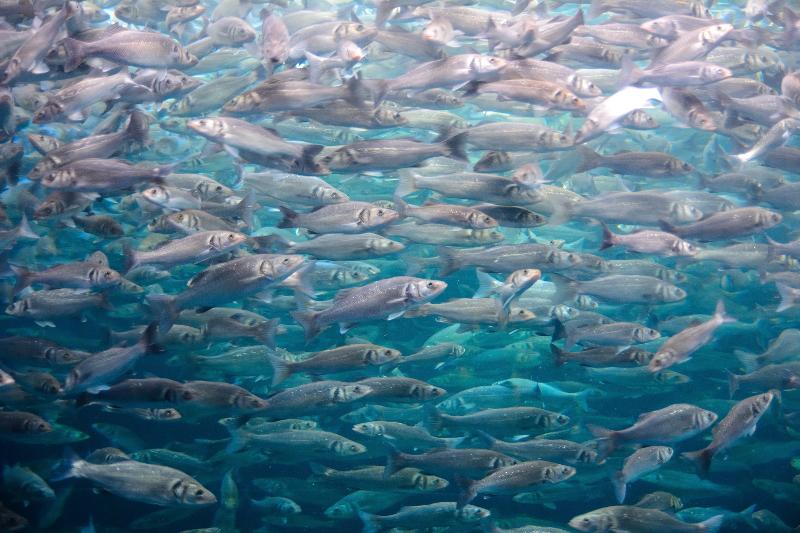Ocean Commons
The WP aims to deconstruct and reconstruct the concept(s) of ocean commons, to investigate its legal character and how it may promote common interests and ocean justice.

The research is organized through three tasks:
Task 1: Interrogating ocean commons
This task will interrogate the category of ocean commons in all their nuances, including emerging or intangible ones such as the protection of the marine environment, the conservation of biodiversity and ocean knowledge, in order to prepare the terrain for tasks 2 and 3.
Task 2: Limits and possibilities of the governance of ocean commons
This task will problematize the category of ocean commons in terms of their ontology, their spatial dimension, and their legal regimes. More in details, the task will assess the status, role, limits and possibilities of key principles for the governance of ocean commons, and seek to uncover which interests are protected by the array of different instruments that apply to ocean commons. Important aspects to explore will be, inter alia, whether the principles of the freedom of the high seas and the common heritage of mankind remain relevant today, and the potential implications of the principle of common concern to transcend traditional spatial and jurisdictional views of ocean commons.
Task 3: Rethinking ocean commons
This task, on the basis of tasks 1 and 2, aims at rethinking the governance of ocean commons. It will include investigations of the impact of the BBNJ process on the legal status quo and whether the potential new agreement is able to address the complexities involved in the governance of the ocean commons. This task will also link with the fragmented functional and spatial architecture of ocean, and how that affects the question of ocean justice, the balancing 10 between common interests and the interests of the individual costal states and the definition of ocean commons. One element in this task, shared with task 3 of WP II, will be to explore the role of non-sovereign agency (indigenous peoples, nature) and alternative legalities (e.g. legal pluralism) for the governance of ocean commons and in relation to ocean justice.
Key participants: De Lucia, Henriksen, Hey, Jakobsen, Johansen, Poto, Ranganathan.
International partners: Harrison, Mossop, Scott